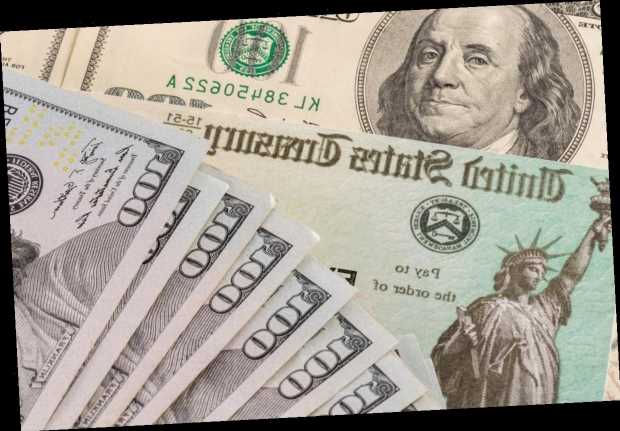FINANCIAL gurus like Mark Cuban and Warren Buffett have some advice when it comes to the latest round of $1,400 stimulus checks.
The third round of stimulus checks, part of a $1.9trillion Covid relief package passed by Congress earlier this month, began arriving in bank accounts across the US earlier this week.
But finance experts urge those who have been financially affected by the pandemic to be wary about how they spend their $1,400.
Billionaire investor and business man, Warren Buffett, said that step one after receiving a stimulus check should be to pay off debts where possible, according to MoneyWise.
Buffett, the fourth richest person in the world, has long been against carrying unnecessary credit card debt.
At the annual Berkshire Hathaway shareholders meeting last year, Buffett spoke about a friend who had recently come into some money and also happened to have credit card debt with 18% interest.
"If I owed any money at 18%, the first thing I'd do with any money I have would be to pay it off," Buffett said. "You can't go through life borrowing money at those rates and be better off."
Buffett also acknowledged that some people have been forced to rack up some debt during the ongoing Covid pandemic, but still advised against thinking of a credit card as "a piggy bank to be raided."
Shark Tank investor and Dallas Mavericks owner Mark Cuban also thinks paying down debt should be a priority, but essentials like food should come before that.
If there is money left after essentials, paying off credit cards would be the second step, Cuban told CNBC.
And, "If you find yourself with money left over," after paying down debts, Cuban said, "put it in the bank."
Financial expert Suze Orman also recently gave advice on the wisest ways to use your stimulus check, particularly for people who have lost jobs.
Orman, author and host of the Woman & Money podcast, suggested that people build up their rainy day funds, as the Covid pandemic has clearly shown that unexpected events can lead to long-lasting economic hardships.
How much money a person should keep in their rainy day funds obviously varies from person to person, but Orman suggested trying to save up enough to get by for eight months.
"For years, I always said eight months," Orman said during a CNBC appearance.
"For years … other people went, 'You don't need eight months. All you need is three months. All you need is six months.'
"What happened last year? Three months would have gone in three months, and then what would you have done? Six months wouldn't have lasted you.
"So … I don't think you can have too much of an emergency fund," she added.
Particularly for people who have lost jobs during the pandemic, Orman suggested "playing it safe," until things are back to normal.
When it comes to credit card debt, Orman suggested paying the minimum until things normalize.
Source: Read Full Article




